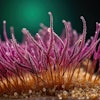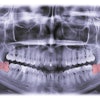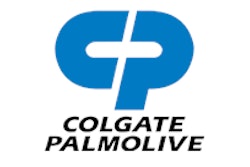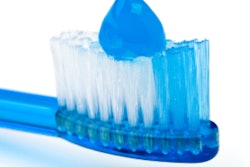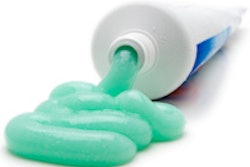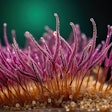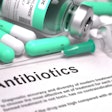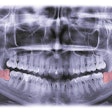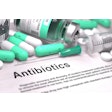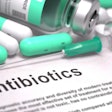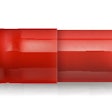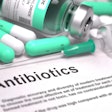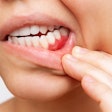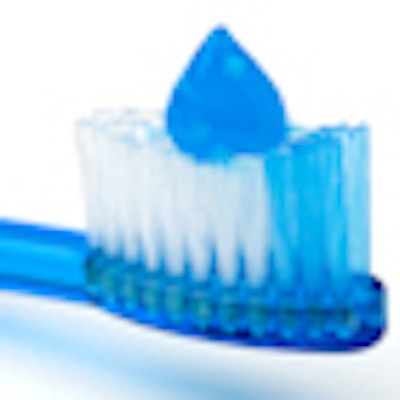
With new research indicating that triclosan -- a chemical found in toothpaste and many other consumer products -- may disrupt the endocrine system and create bacteria that are resistant to antibiotics, the FDA is now looking at whether this substance is as safe as originally thought.
The agency's decision to review triclosan -- a substance it last studied in 1997, concluding at the time that it helped enhance toothpaste -- comes after repeated requests by Rep. Edward Markey (D-MA), chairman of the Energy and Commerce Committee's Subcommittee on Energy and the Environment.
Markey first approached the FDA with concerns about triclosan in January, and repeated his request for a review of the substance in letters sent to the FDA and the Environmental Protection Agency (EPA) earlier this month. He has also written to 13 major manufacturers of products containing triclosan -- including Colgate-Palmolive and Procter and Gamble -- urging them to voluntarily stop using triclosan.
Triclosan was originally introduced as a surgical scrub in medical procedures. But the uses for triclosan and a related compound, triclocarban, have grown over the years, and the chemicals are now incorporated in a number of consumer products to kill bacteria and fungus and prevent odors. In addition to toothpaste, the chemicals are used in soaps, hand washes, shaving gels, kitchenware, clothes, and toys. Triclosan has become so ubiquitous, in fact, that it is found in the urine of 75% of the U.S. population, according to the Centers for Disease Control and Prevention.
"Despite the fact that this chemical is found in everything from soaps to socks, there are many troubling questions about triclosan's effectiveness and potentially harmful effects, especially for children," Markey stated in a press release. "There is clear evidence that many consumer products that contain it are no more effective than those that do not. However, triclosan continues to be used in products that saturate the marketplace."
Markey is calling for a complete ban of the substance and said he intends to introduce legislation that will accelerate the evaluation and regulation of substances such as triclosan that may harm the human endocrine system.
Still OK for toothpaste?
Markey is specifically asking the FDA to re-evaluate its approval of triclosan use in Colgate Total toothpaste, since this approval was granted "before concerns about triclosan's endocrine disrupting potential or possible contribution to antibacterial resistance were known." In 1997, the FDA reviewed extensive effectiveness data on triclosan in Colgate Total toothpaste and concluded that "triclosan in this product was effective in preventing gingivitis," according to the agency's Web site.
"Colgate Total toothpaste is approved as both safe and effective by the U.S. Food and Drug Administration. The status of that approval has not changed in any way," stated Thomas DiPiazza, a spokesperson for Colgate-Palmolive, in an e-mail to DrBicuspid.com. "Since the 1997 approval, Colgate has routinely provided FDA with updated information, consistent with the agency's guidelines, and is confident that further study will continue to add to the substantial body of research that affirms the safety of triclosan in Colgate Total."
And a recent study published in General Dentistry found that toothpaste containing triclosan is better than regular fluoride toothpastes at killing oral bacteria (January/February 2010, Vol. 58:1, pp. 50-55).
“Manufacturers add specific agents to toothpastes to provide added benefits to consumers,” said Joseph Zambon, D.D.S., Ph.D., one of the study's authors and a distinguished teaching professor at the University at Buffalo School of Dental Medicine, in a press release issued by the Academy of General Dentistry, which publishes General Dentistry. "The best known agent is fluoride, which was added to toothpaste to prevent cavities. Triclosan added to toothpaste has been shown in a number of clinical studies to inhibit plaque and gingivitis. The copolymer helps to keep triclosan in your mouth for a longer period of time, which boosts its ability to inhibit oral bacteria."
But in a letter that Markey made public April 8, the FDA stated that "existing data raise valid concerns about the [health] effects of repetitive daily human exposure to these antiseptic ingredients." In a statement on its Web site, the agency said that "in light of questions raised by recent animal studies of triclosan, FDA is reviewing all of the available evidence on this ingredient's safety in consumer products [and] will communicate the findings of its review to the public in spring 2011." However, the agency has not announced plans to address the use of triclosan in cosmetics or other products.
In a letter from the EPA that Markey also released April 8, the agency noted that a review of the substance under the Endocrine Disruptor Screening Program provided evidence of its endocrine-disrupting potential. But the letter also stated that the EPA does not currently plan to re-evaluate its regulations surrounding the use of triclosan until 2013.
Triclosan is already banned or restricted in several countries, including the European Union, which recently stopped the use of this chemical in products that come into contact with food, according to Markey.
Copyright © 2010 DrBicuspid.com
